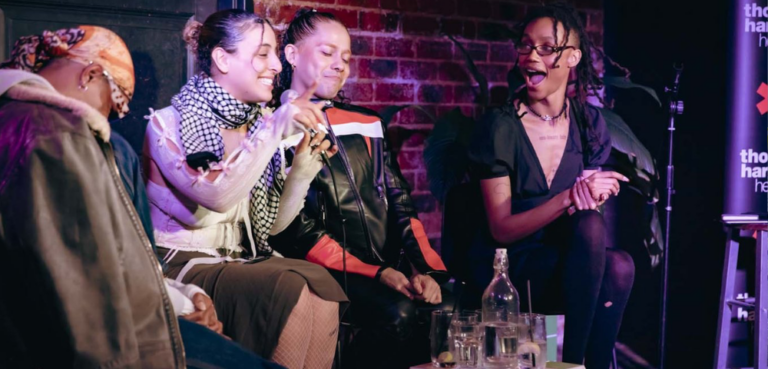
Two New HIV ‘Cure’ Trials To Begin In Melbourne

Forty years after the first case of HIV was reported in the United States in 1981, a “cure” has remained elusive so far.
Now, HIV/AIDS researchers across the world are keenly awaiting the results of two new trials that are scheduled to start in Melbourne. Researchers involved with the study say that the outcome of the NIVO-LD and Titan trials at the Alfred hospital in Melbourne could bring us “a step closer” to a “cure” to HIV.
“The drugs being used in these studies in Melbourne are of high interest to researchers around the world,” Associate Professor James McMahon, Head of Clinical Research at the Alfred’s Department of Infectious Diseases, told Star Observer in an email interview.
Community organisations have welcomed these new studies that are currently recruiting participants.
“I think it’s fantastic that people in Victoria get the opportunity to participate in important cure research such as this, ” Thorne Harbour Health CEO Simon Ruth told Star Observer.
“It needs to be remembered that we’ve come so far in the treatment and prevention of HIV during the course of the epidemic, largely due to the openly collaborative nature of clinical research in this country and the community’s willingness to participate. That’s also how we will make gains in cure research,” added Ruth.
A Drug That Treats Cancers
The first trial involves the use of Nivolumab – a drug that is used to treat cancers like melanoma and kidney cancers. Researchers will be looking at whether the drug that “wakes up the immune system” to fight cancers, shows a similar response to HIV.
The NIVO-LD trial will look at the effectiveness of Nivolumab on the immune responses to HIV infection.
According to McMahon, the trial will study whether Nivolumab can decrease the HIV left over in people living with HIV who are on their normal antiretroviral therapy (ART) or if the drug can “manipulate the immune system in some way to control HIV.”
Under the first phase of this study that is funded by a grant from the Victorian government, 18 PLHIV on ART will receive one of three different doses of Nivolumab. In the second phase, 24 PLHIV, who have been randomly selected, will receive a dose of Nivolumab or a placebo. They will be monitored for five weeks to check if the drug is able to help control HIV without ART.
“Nivolumab is used widely to treat many cancers including melanoma and lung cancer and there have been studies looking at the effects of this drug on HIV in people with HIV and cancer who are receiving the medication to treat their cancer. It has not been studied in people with HIV who do not have cancer and we are looking at a single low dose of Nivolumab in this trial at the Alfred, not the repeated higher doses used to treat cancer,” explained McMahon.
Anti-HIV Antibodies
The second trial is a global study being conducted by researchers at The Alfred and Doherty Institute in Melbourne and University of Aarhus in Denmark. This study, which will run for eight weeks, will look at the effectiveness of combining the immune stimulating drug lefitolimod and two anti-HIV antibodies (3BNC117 and 10-1074) in targeting HIV.
“While we don’t think this will cure people of HIV, these are very important studies to understand if this drug or similar drugs can increase how the immune system responds to HIV, or said in another way, wakes up the immune system to the residual amount of HIV in someone’s body. If it does that and is well tolerated it could become an important part of strategies that aim to cure HIV. We need studies like the one we are doing to make sure it is safe and can do what we think it is able to do in targeting HIV,” said Mc Mahon.
An important disclaimer is that the drugs in both these trials are not approved in Australia for clinical use for PLHIV, except for those undergoing cancer treatment.
McMahon pointed out that there are trials that are being conducted in other parts of the world with Nivolumab and anti-HIV bodies, “to prevent and treat HIV and also in other cure based trials to target residual HIV.”
Both these studies have been years in the making and with approvals now in place to enrol participants, McMahon adds that, “it’s a very exciting time for this work.”









